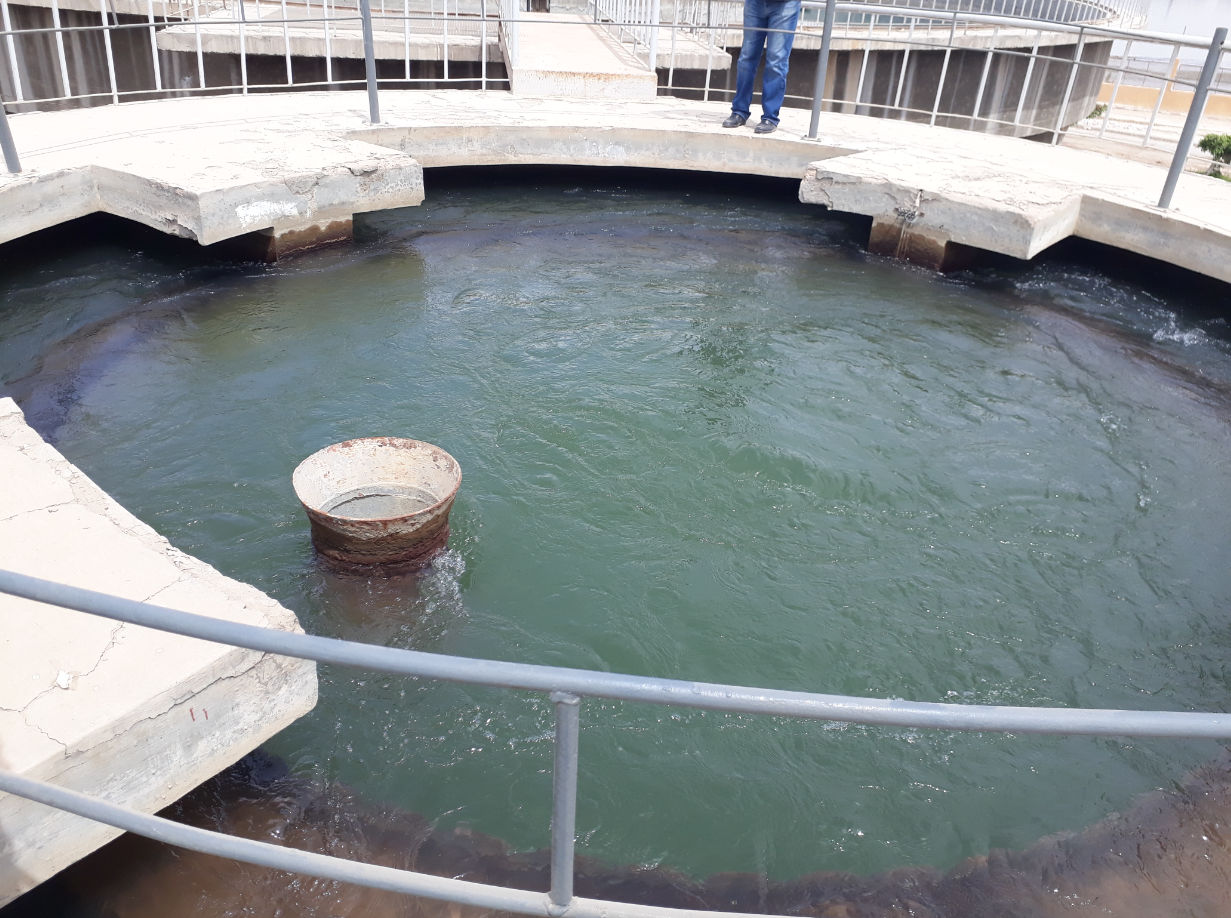Baseline Survey, Community Development & Capacity Building (ISSIP I) | Project Management Consultancy Services (ISSIP II)
Description
“ISSIP I – Community Development & Capacity Building” aims to develop the rural sanitation sector in the three governorates of Beheira, Gharbia, and Kafr El Sheikh through the provision of improved wastewater collection and treatments systems and the reduction of pollution to increase the water quality.
The specific objectives of ISSIP I are to
- Develop and promote institutional capacity of local institutions and communities, capacity of key local stakeholders, and accountability mechanisms between local authorities and beneficiary communities, for better service delivery in the rural sanitation sector
- Enhance capacities of the different governmental and non-government stakeholders responsible for sanitation implementation to plan, design, construct, operate and maintain the sanitation investments
- Monitor ISSIP and JSDF implementation outputs and outcomes through active engagement,
- Promote hygiene practices, social mobilization, communication, and sustainable rural sanitation services.
For the baseline survey of ISSIP I, the objective are:
- Collect data on the communities’ present satisfaction levels of sanitation services
- Provide information which can be used to monitor the project in the course of implementation.
“ISSIP II – Project Management Consultancy Services” is a 200M USD financed project with the aim to develop the rural sanitation sector in towns and villages in four Governorates in the Delta and Upper Egypt regions of Egypt: Sharkia, Menofeia, Assuit and Sohag.
The objective of the project contributes to sustainable improvement in sanitation and environmental conditions for rural resident communities and the water quality in the rural areas of the selected four governorates through the provision of improved wastewater collection and treatment systems and reduction of pollution in the surrounding water canals and drains.
ISSIP II priority areas are including around 641,123 people in 33 villages in the four governorates that will benefit by use of the community participation strategy.
The objective of this management consultancy services is to establish a sustainable business platform for the Project, by supporting and developing capacity of the Water Sanitation Company’s/Rural Sanitation Units and conducting appropriate planning and monitoring that will support the GoE and its agencies in the attainment of Project’s strategic objectives. The PMC ise responsible for complete and effective support, capacity building and monitoring of the WSCs/RSUs’ operation ensuring that the respective WSCs/RSUs are able to perform to industry best practice.
Services
Baseline Survey
- Literature review: reviewed all the project documents and other relevant reports.
- Conceptual framework and instruments
- Field team training: Carried out training programme for field research team on the quantitative and qualitative research technique, field survey implementation and management as well as quality control.
- Quantitative survey: implemented through interviewing 402 households among the population of the three target governorates.
- Qualitative survey: consisted of eleven focus group discussions with the households in the project’s target areas.
- Community Mapping: a community mapping exercise was conducted in the project’s target villages to understand the characteristics and needs of the target communities.
- Data analysis: which included: data entry and analysis of the quantitative survey through data analysis tool (SPSS); the tabulation of the data collected in the focus group discussions; the community mapping draws.
- Reporting: a final report of the study was written.
Health, Safety and Environment (HSE) Services & Activities
- Develop Standard Project’s HSE Manual & Procedures
- Implement the Environmental & Social Management & Monitoring Framework (ESMMF)
- Prepare the Holding Company for Water & Wastewater Environmental Social Impact Assessment (ESIA) for all phases of the project
Construction/Capital Delivery Management including Quality Supervision
- Develop Activity Service Delivery Plan (ASDP)
- Develop Quarterly Updated Activity Services Delivery Plan (ASDP)
- Develop Bi-annual Updated Project’s Results Framework
- Construction supervision advisory consultancy to each WSC, focusing on construction quality and adherence to all aspects of the contract (GoE / local contribution)
- Monitor equipment purchase (GOE / local contribution)
Capacity Building & Training
- Conduct Training Needs Assessment and develop Training Plan
- Training to PIU and RSUs’ staff on all aspects of project implementation, including procurement and project management, financial aspects of utility management, environmental matters
- Training Environmental and Social staff on Health, safety and environment and social and community engagement
Project Management
- Review, update and submit the Project Implementation Plan (PIM)
- Develop Master Services Delivery Plan (MSDP):
- Develop Quarterly Updated Master Services Delivery Plan (MSDP)
- Develop Project’s Communication & Coordination Protocol
- Develop Computer system back up policy
- Develop Central Document Control System
- Support to the HCWW and the PIU for programme management, monitoring and evaluation, and construction supervision in addition to that financed by the local contribution, including the financing of the PMC (Bank ISSIP 2 loan).
Financial Management Advisory Services
- Advise staff on how to manage sustainable financial business platforms at each of the targeted Project’s site(s) and how to produce professional and quality reports
- Advise on financial control, disbursements, cash flow projection, reporting, etc., utilising available financial software(s) and systems
- Develop Project’s Cash Flow Projections & Disbursement Plan and quarterly updates
- Develop Standard Project’s Financial Management Procedures
- Provide financial reporting
Social and Community Engagement Advisory Services
- Develop Community Engagement Strategy & Plans
- Develop Social & Community Engagement Field Records mechanism
- Identify key end-users and any vulnerable groups
- Set baseline data and quantifiable indicators responding to the Project’s strategic objectives and Results Framework’s indicators and WB’s safeguards policies and procedures’ requirements
- Develop procedures for redress of grievances
- Develop innovative approaches and action plan to enhance stakeholder participation
Monitoring & Evaluation
- Develop Project’s standard M&E manual and procedures
- Develop Monthly M&E report


